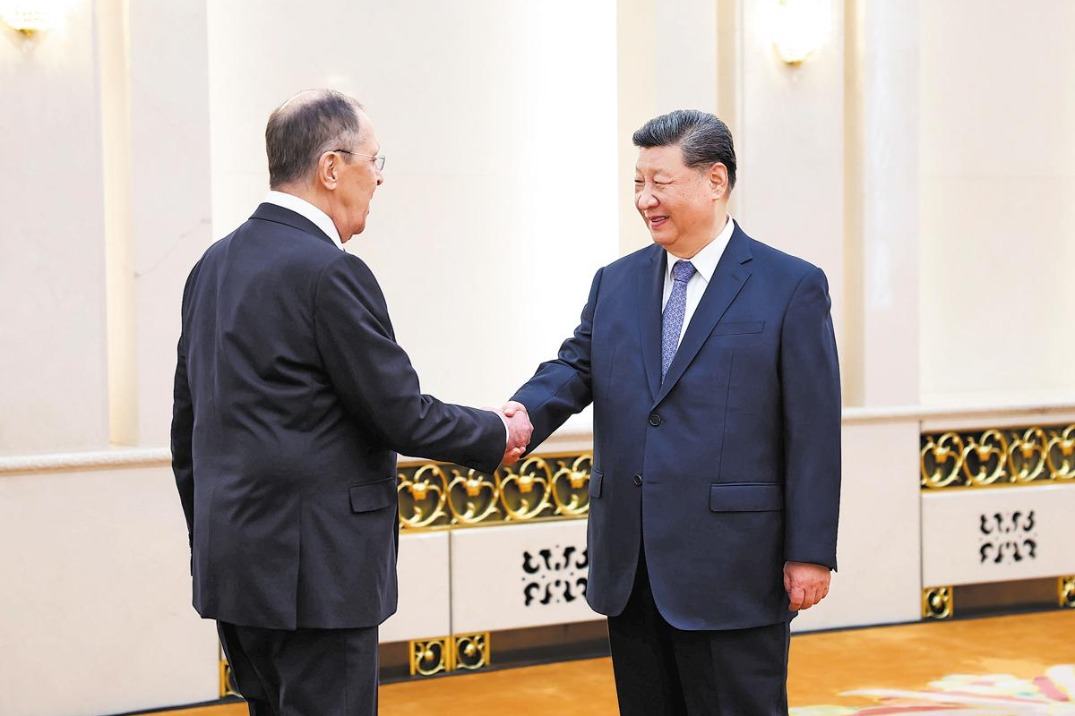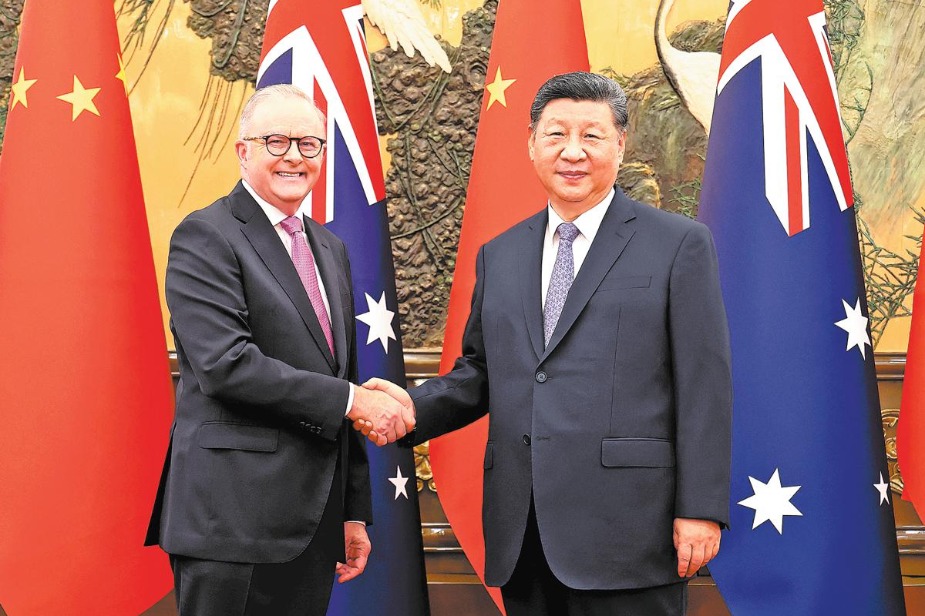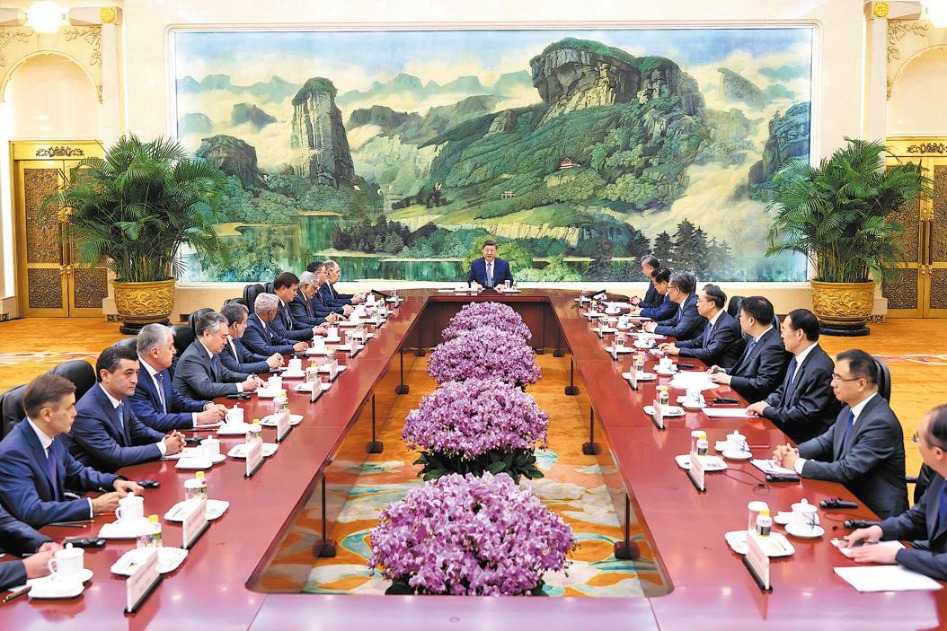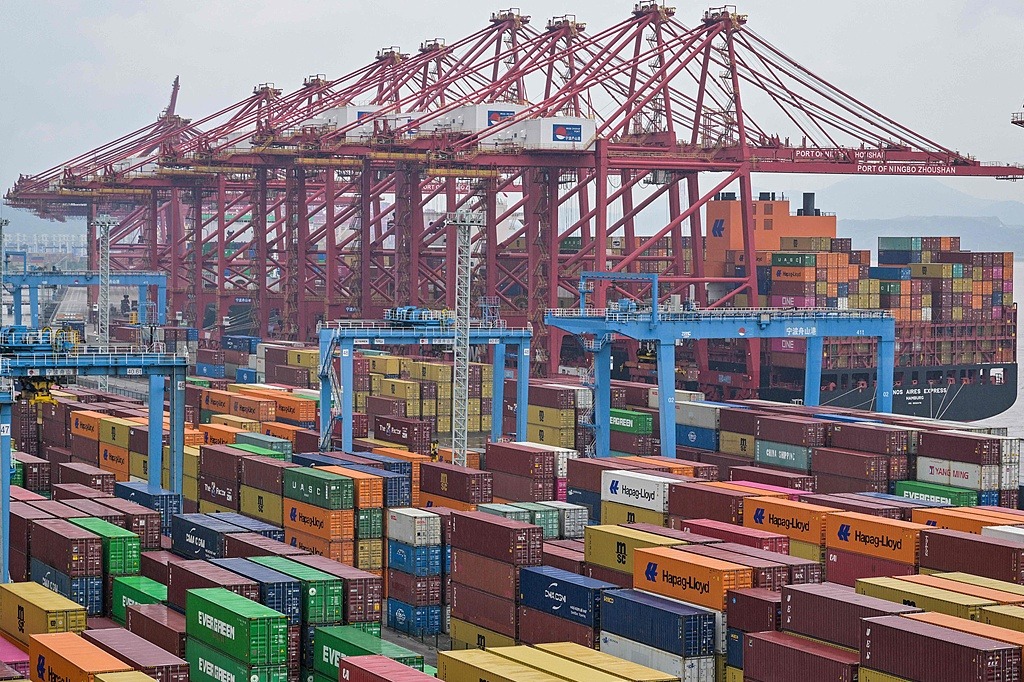Mutual gain - or broken promises to come?

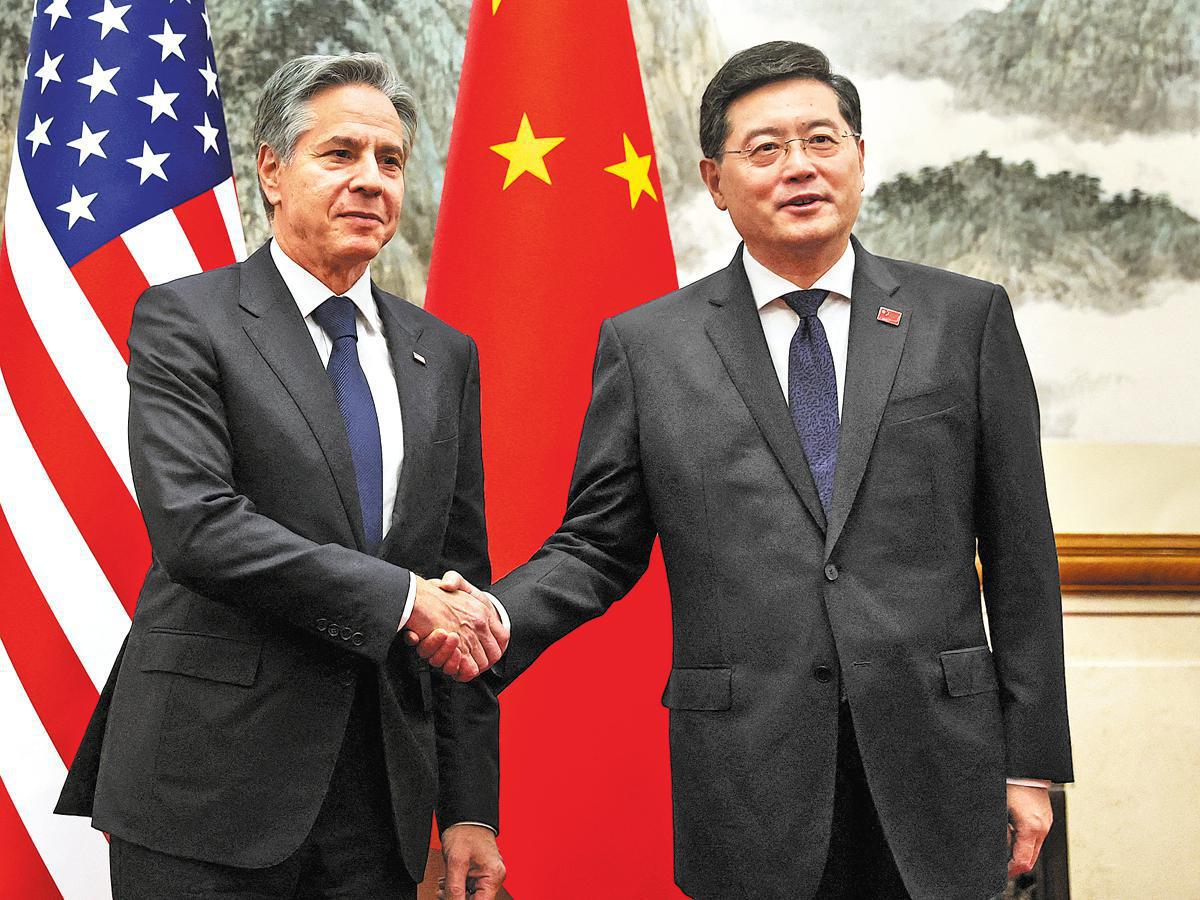
With US Secretary of State Antony Blinken's visit to China, many consider this evidence that icy relations between China and the US are finally beginning to thaw. But is this the dawning of a new era of mutuality between the nations—or is just one more example of broken US promises to come?
As a Japanese American, it would be easy for to expect that peace being extended by one East Asian nation toward another might easily turn to belligerence: Mongol-Koryo fleets commissioned by Kublai Khan twice sought to invade Japan in 1274 and 1281, only to be thwarted and repulsed by massive hurricanes at sea.
But the truth of the matter is that for thousands of years, China has maintained a strict policy of not initiating large-scale wars against other countries.
In contrast, the United States throughout its brief 250-year history has broken one peace treaty after another—and initiated violent wars against multiple indigenous Indian Nations—to launch what it would later euphemistically call its "Manifest Destiny" to conquer North America.
So what does this mean today? Is the US to be trusted?
After all, there was an attempt by China and the US recently to reach an agreement regarding peace and trade in Anchorage, Alaska. But that attempt met with failure. So why would things work out differently this time?
This time, the US economy is sinking when it's greatest source of deflation—low cost goods exported to the US by China—is at risk of being cut off. What that would mean is that both inflation and severe recession would hit the US at the same time. This, in turn, could too easily lead to the onset of a second large economic depression in the US
The US is well aware of this.
In addition, China has been a constant source of trace minerals that have become much relied upon by US industry in the making of cell phones, flat screen TVs and solar panels. A shutting off of those trace elements would cause several industries in the US to crater.
This means the US, this time, has good reasons to honor long-term obligations to China as a trading partner. Simply put, the US is desperate for long-term peace and trade.
What about China? Whether one looks to Sun Szu's The Art of War, or Confucianism itself, China has for centuries eschewed war in favor of maintaining relations of mutually beneficial trade with the rest of the world. Stated in another way, avoiding war is endemic to the inherent, prevailing trading culture of the Chinese people.
What we believe as one person born and raised by Japanese parents who were themselves born and raised in the US—and as another person indigenous to this land for thousands of years—is that this moment represents a rare opportunity to evoke lasting peace between two great economic powerhouses of the world. In the larger scheme of things, what is playing out here is an exploratory process between two controlling parties seeking to reach an accord that has not before existed between these two dominant players.
On the US side, it would behoove its leaders to remember that it must be willing to negotiate and share with a second party that has come to wield as much economic power as it has enjoyed, by itself, for 80 years.
On the China side, there must be a recognition that the party sitting opposite them at the negotiation table is on unfamiliar ground. This second party must both learn to share power and make a clean break from its past history of Western colonialism and unilateral taking.
Patience and goodwill are likely to pay off for both parties.
Gregory K. Tanaka, formerly a law school dean and bank president, is the author of Systemic Collapse and Renewal: How Race and Capital Came to Destroy Meaning and Civility in America and Foreshadow the Coming Economic Depression (Peter Lang Publishing).
Edward Miamee Ndolka Salce, EdD, is a Apache-Pueblo Indian who researches Red Peoples' oral traditions, the college pipeline for Native American males, red masculinity, and critical media literacy.
The opinions expressed here are those of the writer and do not necessarily represent the views of China Daily and China Daily website.
If you have a specific expertise and would like to contribute to China Daily, please contact us at opinion@chinadaily.com.cn, and comment@chinadaily.com.cn.

















